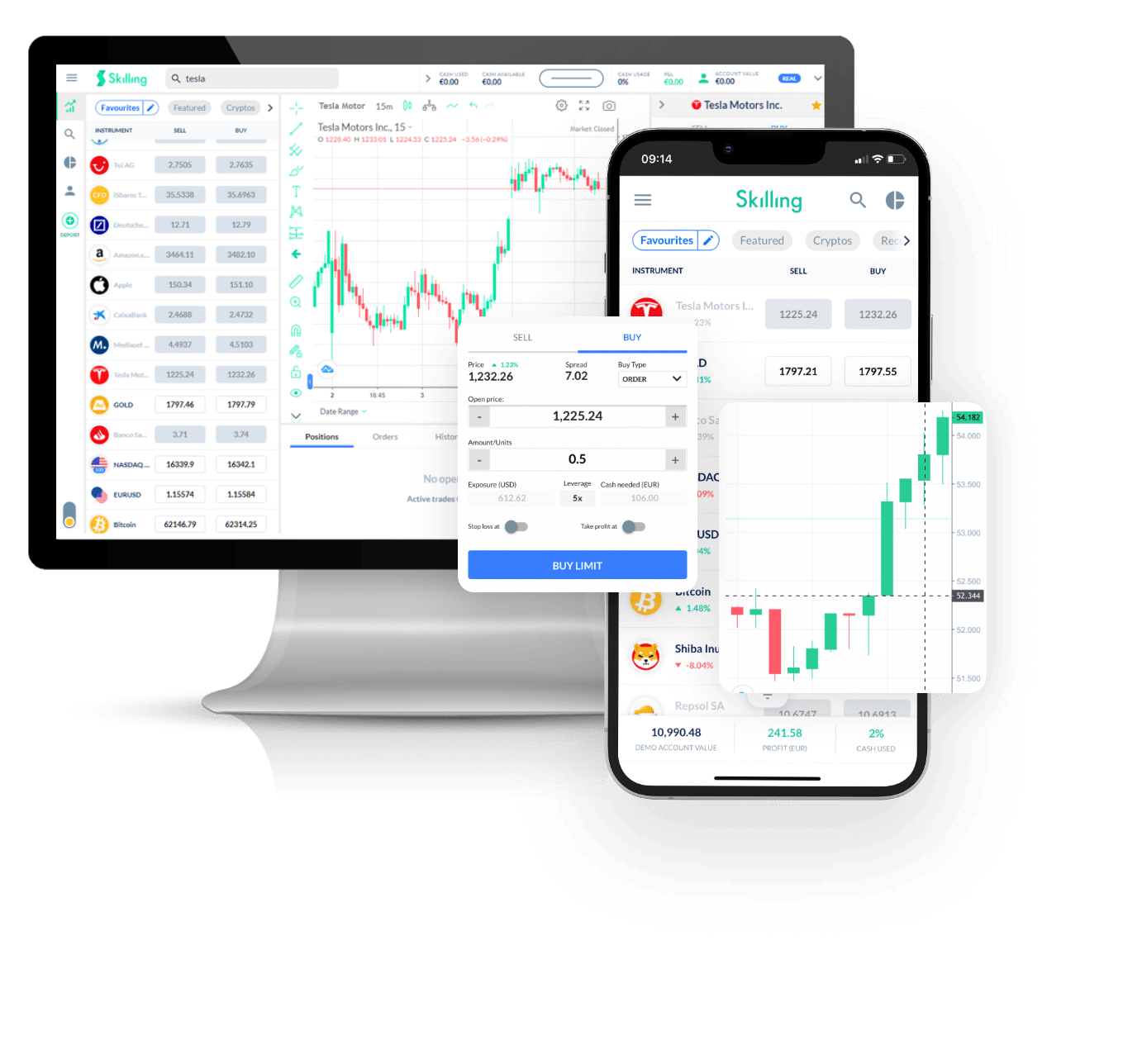Loading...
Allianz Stock (ALV.DE): Live Price Chart
[[ data.name ]]
[[ data.ticker ]]
[[ data.price ]] [[ data.change ]] ([[ data.changePercent ]]%)
Low: [[ data.low ]]
High: [[ data.high ]]
About
History
Differences between Investing vs Trading
About
History
Differences between Investing vs Trading
Allianz was founded in 1890 by Wilhelm von Finck and other shareholders. The company is headquartered in Munich, Germany. As of 2022, Allianz has over 140,000 employees worldwide and provides services to more than 85 million customers in over 70 countries. Allianz is one of the world's largest financial services companies.
It offers a wide range of products and services, including insurance, investment management, and banking. Allianz is also active in many industries, such as automotive, health care, and real estate. In addition to its core businesses, Allianz also has a number of subsidiaries, joint ventures, and affiliates.
When it comes to the share price of Allianz, there is no doubt that it has been on a rollercoaster ride in recent years. The financial crisis hit and the share price plummeted to around €50. It then recovered somewhat to trade above €100 again in 2010, before falling back below €80 in 2011. Since then, however, the share price has been on a steady rise once more.
Looking ahead to 2022, it is likely that Allianz's share price will continue to climb if the company continues to post strong financial results. Allianz has a number of business partners, including American Express, BMW, and Mercedes-Benz. These partnerships help to drive growth and profitability for the company.
There are several key differences between investing and trading Allianz CFDs. When you invest in a company, you are buying shares of that company and becoming a shareholder. This means that you are entitled to a portion of the company's earnings and have a say in how the company is run. When you trade Allianz CFDs, you are speculating on the price movement of the underlying asset and do not own any shares in the company. You also don't have any voting rights or influence over how the company is managed.
Another key difference is that investors typically hold onto their shares for a long period of time, while traders often close out their positions within minutes or hours. This is because investors are trying to ride the long-term waves of the market, while traders are trying to capitalize on short-term price movements.
Finally, investors typically focus on a few key companies or sectors that they are knowledgeable about, while traders may buy and sell a wide variety of assets in order to take advantage of opportunities as they arise.
| Swap long | [[ data.swapLong ]] points |
|---|---|
| Swap short | [[ data.swapShort ]] points |
| Spread min | [[ data.stats.minSpread ]] |
| Spread avg | [[ data.stats.avgSpread ]] |
| Min contract size | [[ data.minVolume ]] |
| Min step size | [[ data.stepVolume ]] |
| Commission and Swap | Commission and Swap |
| Leverage | Leverage |
| Trading Hours | Trading Hours |
* The spreads provided are a reflection of the time-weighted average. Though Skilling attempts to provide competitive spreads during all trading hours, clients should note that these may vary and are susceptible to underlying market conditions. The above is provided for indicative purposes only. Clients are advised to check important news announcements on our Economic Calendar, which may result in the widening of spreads, amongst other instances.
The above spreads are applicable under normal trading conditions. Skilling has the right to amend the above spreads according to market conditions as per the 'Terms and Conditions'.

Trade [[data.name]] with Skilling
All Hassle-free, with flexible trade sizes and with zero commissions!*
- Trade 24/5
- Minimum margin requirements
- No commission, only spread
- Fractional shares available
- Easy to use platform
*Other fees may apply.
FAQs
Which are the competitors of Allianz shares?
+ -
Allianz is one of the largest insurance companies in the world, with a strong presence in Europe, North America, and Asia. The company offers a wide range of insurance products, including life insurance, health insurance, property and casualty insurance, and more. Allianz is a publicly traded company, listed on the Frankfurt Stock Exchange.
Some of the company's main competitors include AXA, Zurich Insurance Group, and Generali. These companies are all large, global insurers with a strong presence in multiple markets. Allianz competes with them in terms of product offerings, pricing, and distribution channels. Allianz has a strong brand and a large customer base, which gives it a competitive advantage.
Who owns most Allianz shares?
+ -Allianz is a publicly traded company, and as such, its shares are owned by a variety of shareholders. The largest shareholder is BlackRock, Inc., which owns approximately 6.5% of the company's shares. Other major shareholders include Vanguard Group, Inc. (3.9%), State Street Corporation (2.8%), and Capital Research Global Investors (2.6%). Together, these four shareholders own approximately 18% of Allianz's shares.
Do Allianz shares pay dividends?
+ -Yes, Allianz does pay dividends to shareholders. The company has a long history of paying out dividends, and the dividend yield is 5.2% as of 31 December 2021. Allianz is one of the world's largest insurance companies and is a leading provider of financial services. The company has a strong financial position and is well-positioned to continue paying dividends in the future if the business conditions remain favourable.
Why Trade [[data.name]]
Make the most of price fluctuations - no matter what direction the price swings and without capital restrictions that come with buying the underlying asset.
CFDs
Equities
Capitalise on rising prices (go long)
Capitalise on falling prices (go short)
Trade with leverage
Hold larger positions than the cash you have at your disposal
Trade on volatility
No need to own the asset
No commissions
Just low spreads
Manage risk with in-platform tools
Ability to set take profit and stop loss levels

